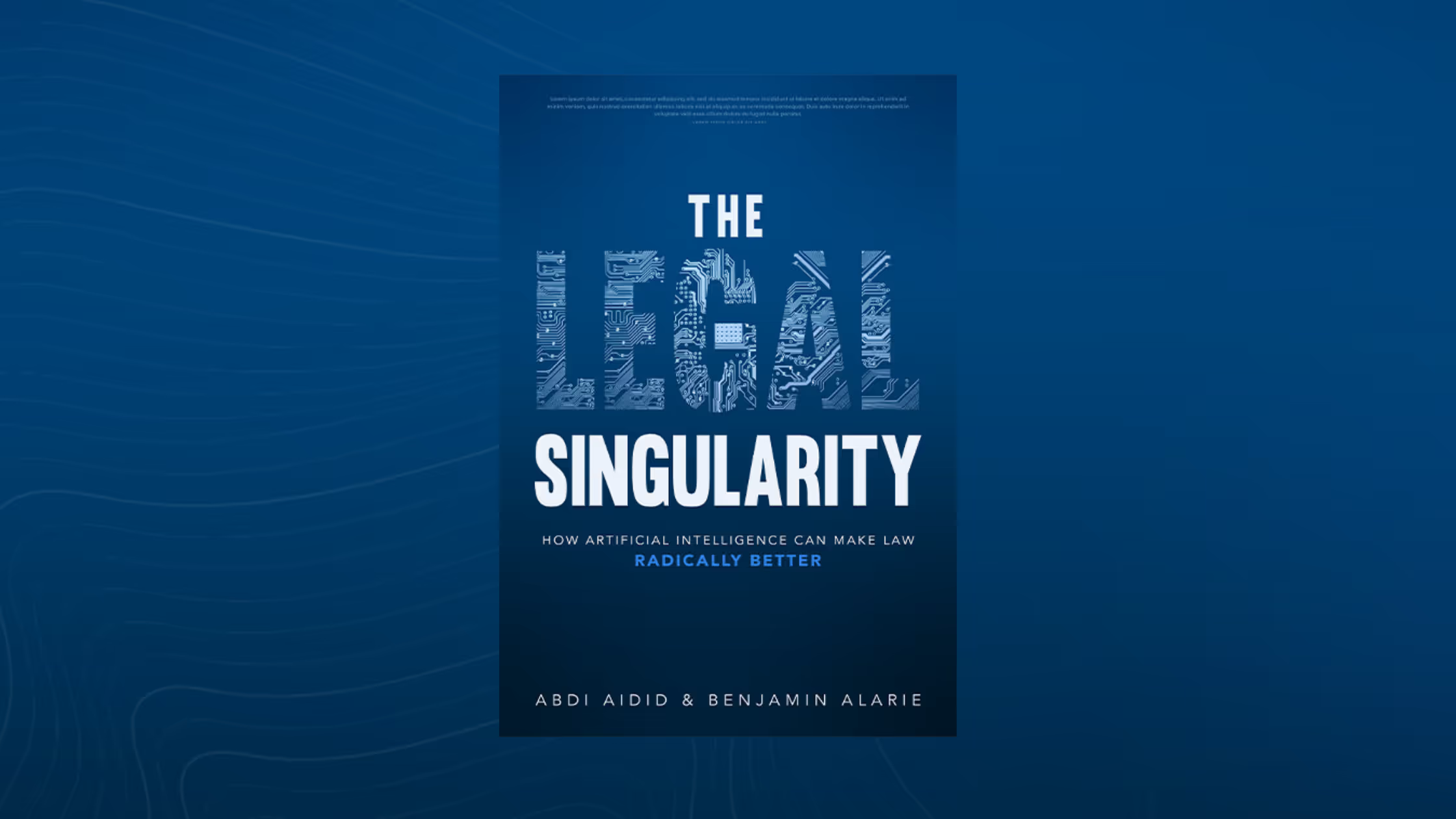
At Blue J, we're delighted to offer this blog series providing an exclusive sneak preview into the highly anticipated book, The Legal Singularity. The book explores how society can harness artificial intelligence (AI) to make the law "radically better" and achieve a vision of the law as fully comprehensive and predictable. One illustration of our commitment to advancing the legal industry is the development of Ask Blue J, our upcoming AI-powered tax Q&A bot similar to ChatGPT. We're thrilled to be a part of this exciting future and look forward to continuing the conversation with you.
Exploration of Chapter 5: Defending the Legal Singularity from Its Critics
If you missed our summary of the preceding chapter, we encourage you to read it here.
In the fifth chapter of The Legal Singularity, Aidid and Alarie respond to some of the criticisms of the legal singularity theory and computational law. The critiques can be broadly divided into two interconnected categories.
The first category of discussion contends that computational law is reductionist and cannot capture the uniqueness and multidimensionality inherent in legal reasoning. These criticisms often fault the legal singularity theory for failing to consider social context. Moreover, critics argue that machine learning is ill-suited for the nuanced reasoning and argumentation engaged in by lawyers and judges. The authors maintain that while computational law may not replace human judgment, it can help reduce legal uncertainty.
The second type of critique argues that the legal singularity harms the rule of law by compromising its normative goals. Scholars argue that computational prediction may challenge the principles of predictability and universality, which ensure that societies should be able to anticipate how the law will apply to them and that the law should be generally applicable to all subjects. This suggests that the prioritization of social planning through the operationalization of law can undermine its broader social and political purposes and commitment to non-arbitrariness. Additionally, highly specific laws generated through computational methods can impact the ability of the law to be generally applicable to those governed by it.
In response to this criticism, the authors note that critics overlook the challenges posed by modern legal systems, including the complexity of the law and difficulties accessing legal information. They also point out that legal personalization and differentiation can promote efficiency and equality in the law. Furthermore, the authors propose that certain critiques of the legal singularity can be limited, as they may not fully account for the role of legal processes and other societal institutions in upholding the rule of law. The image of the law these critics want to protect is not reflected in the reality of our current legal system.
Aidid and Alarie emphasize the continuous process of improvement and transformative potential of legal technology, while rejecting the view of law as static and increasingly complex. AI makes use of the same building blocks as traditional legal reasoning, namely established rules of law and established fact, and is able to enhance legal processes, ultimately improving accessibility, efficiency, and justice. It is important to appreciate that, though computational law may not be a perfect solution, it can significantly improve the legal system if implemented thoughtfully and responsibly.
This is where Blue J distinguishes itself. Blue J is at the forefront of the movement to leverage computational law to enhance legal decision-making. Our tools, including forthcoming AI-powered tax Q&A bot, Ask Blue J, empower legal professionals to make more informed decisions, identify biases, and strengthen outcomes, thereby contributing to the evolution of the legal profession.
Keep an eye out for our next blog post which will explore the sixth chapter of The Legal Singularity and delve into the impact of the legal singularity on the judiciary.
The Legal Singularity (published with University of Toronto Press) is slated for release July 2023.

Stay up to date












